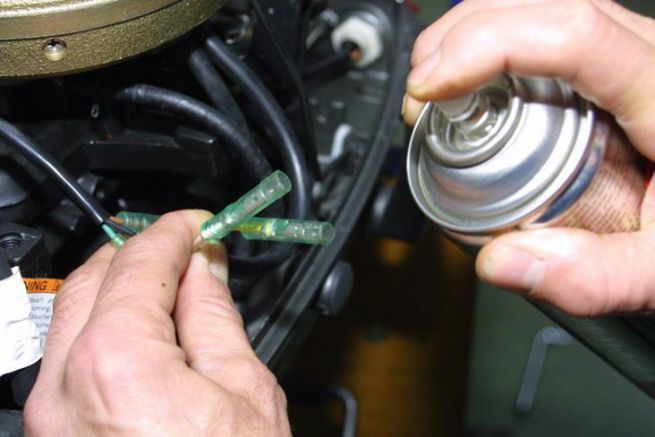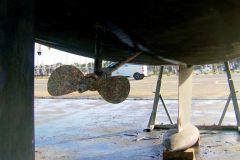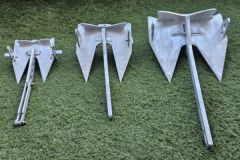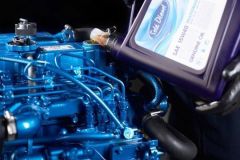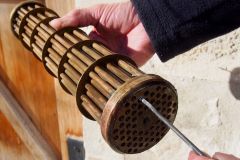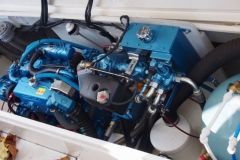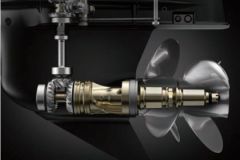Although all equipment can be winterized, it is important to differentiate between winterization and overhaul. The latter, carried out by a technician, mainly concerns the mechanics. Often winterization and overhaul are confused and are carried out by the same person. We will only deal here with the wintering of an engine, leaving the overhaul to the mechanic in charge of the maintenance.
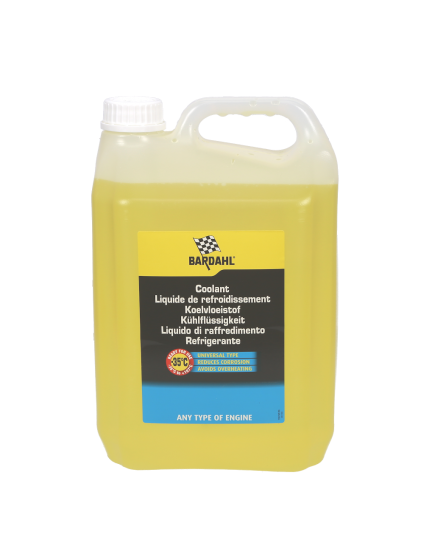
Cooling system
As temperatures drop, cooling water can freeze in the engine. The force of the ice can break parts such as the exhaust manifold, intercooler or even the engine block. This risk does not exist on an outboard because the cooling system drains naturally, as the engine is vertical.
On an inboard engine, it is necessary to either drain the system or replace the water with antifreeze coolant. The 2 schools are equal although the first one is criticized, because the presence of air in the circuits leads to the formation of rust.
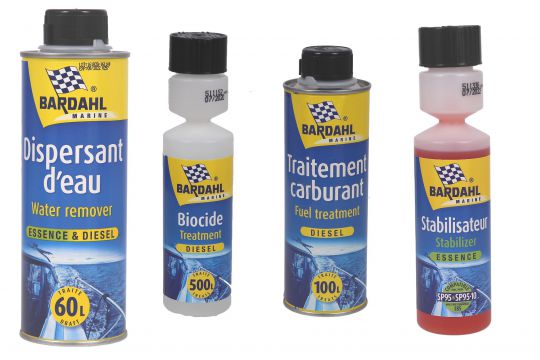
Fuel
Condensation (water) forms in a fuel tank. To avoid this, you must limit the surface of free air with the fuel. To do this, it is advisable to fill the tank completely before winter or, on the contrary, to empty it completely (which is possible with a feeder, but is not easy on fixed tanks).
In diesel fuel, water favors the development of bacteria that pollute the filters and the injection system. It can also deteriorate the elements that make it up, so it must be protected by adding water dispersant and biocide.
In gasoline, water can cause deterioration of injection elements or carburetors. Today's fuels are combined with ethanol. This alcohol evaporates with time. To get through the winter without seeing your fuel deteriorate, you need to add water dispersant and a fuel stabilizer.
As in all areas, it is advisable to do preventive rather than curative work.
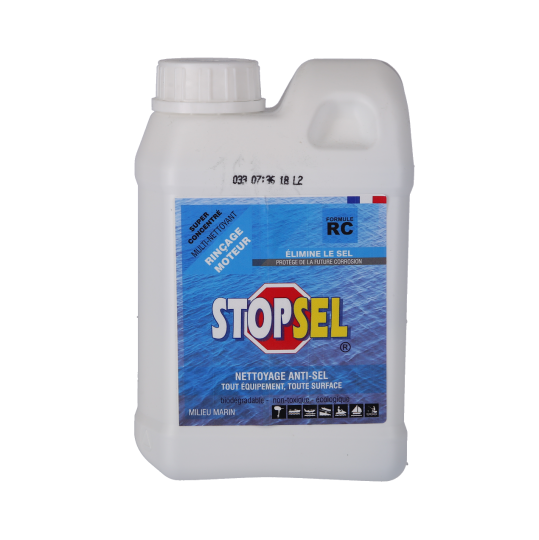
Engine stop
You probably know it, but the ignition of gasoline engines is now entrusted to an electronic system. This system includes capacitors that must be emptied of their electricity during the winter, otherwise the ignition will fail in the summer. To do this, you must turn off the engine using the key or the circuit breaker. But certainly not by disconnecting the fuel supply. Indeed, some boaters are tempted to do this to empty the carburetor tanks and let the engine stop for lack of fuel.
If you have to turn off the engine by turning off the ignition, you still have to empty the tanks on carburetor engines. This is always done in order to avoid problems with the stability of gasoline that does not age well. To do this, we use the screw at the bottom of the tanks to empty them.
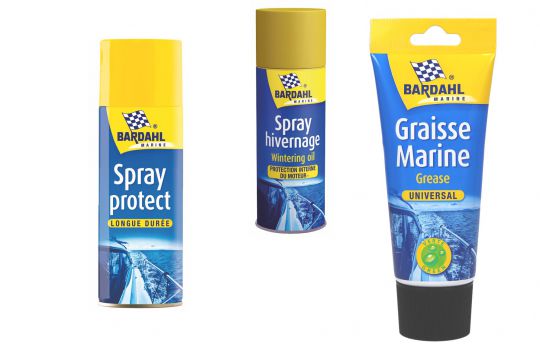
Grease liners and valves
To protect the cylinder liners and valves, winterizing agent must be injected into the cylinders. This is a grease that is sprayed through the air filter while the engine is running, just before turning it off for the winter. This grease will be applied to the cylinders and valves to prevent rust from forming.
Protecting the exterior
By spraying a protective product on the entire drive head (the whole motor), you create an adherent protective film (a kind of varnish) that prevents humidity from doing its destructive role. You can spray it on the whole engine, avoiding only the belts.
At the level of electrical connections, we can disconnect the terminals and spray a special contact product before reconnecting them. Oxidation will then be prevented.
Finally, we go around the grease fittings of his engine with a marine grease for all the parts that are in motion.
We are thinking in particular of the cable steering of an outboard motor which must not seize up.
